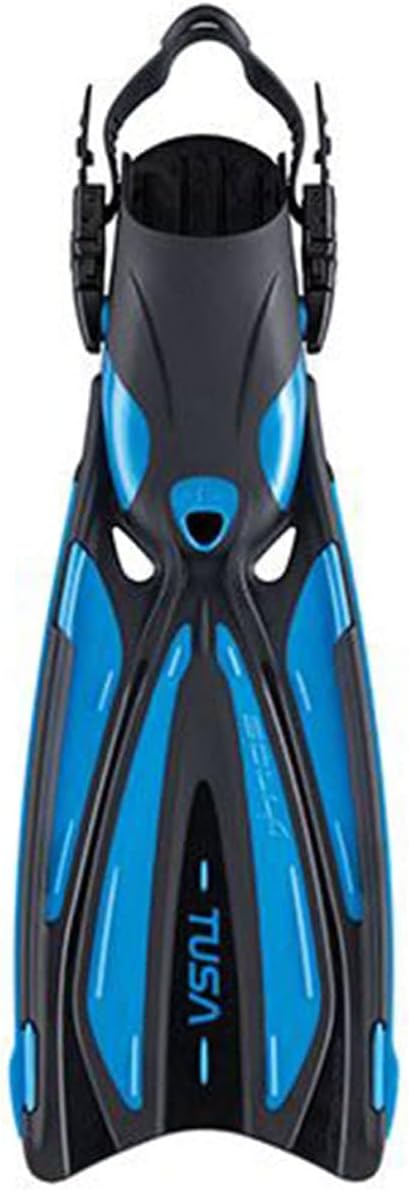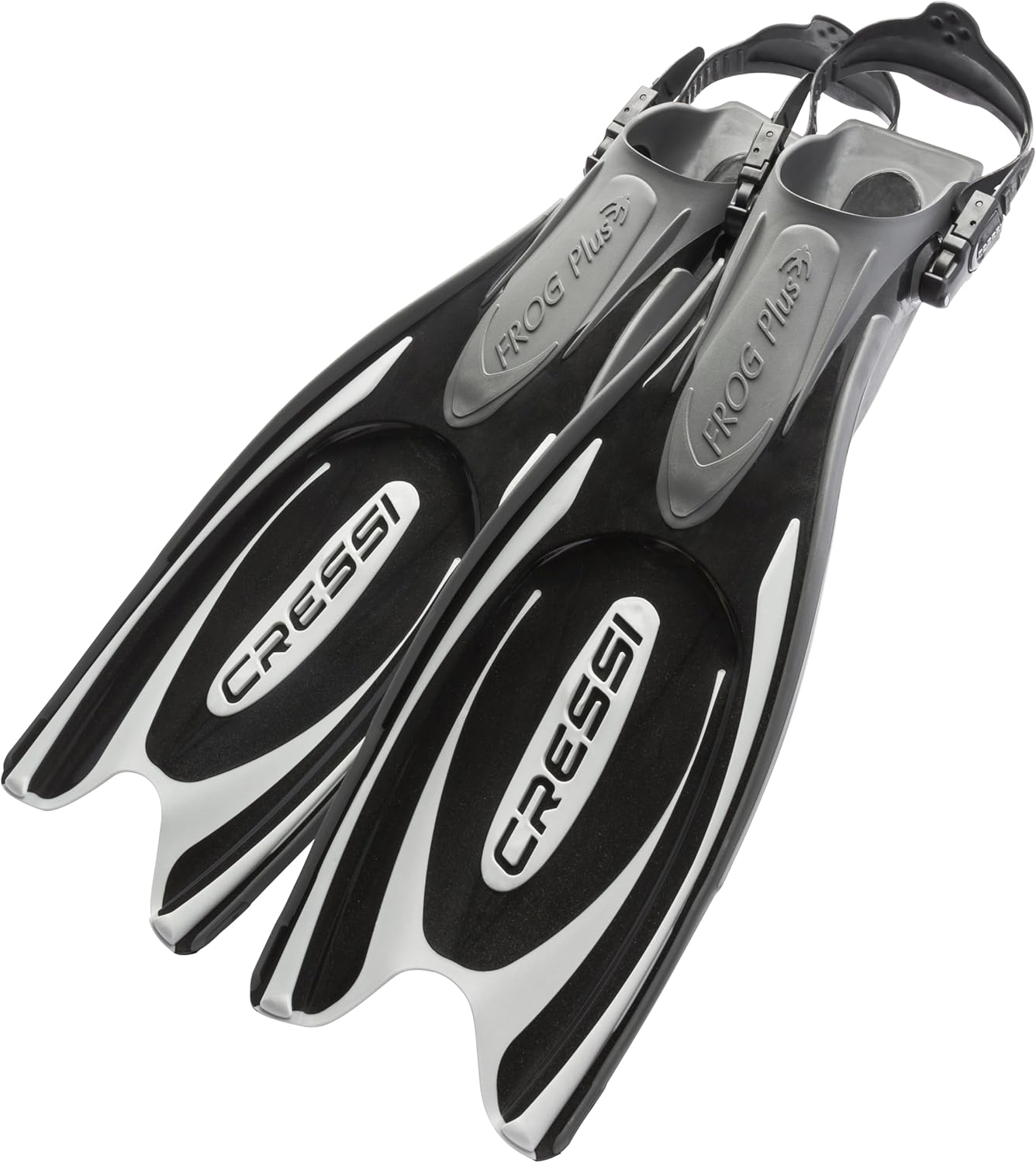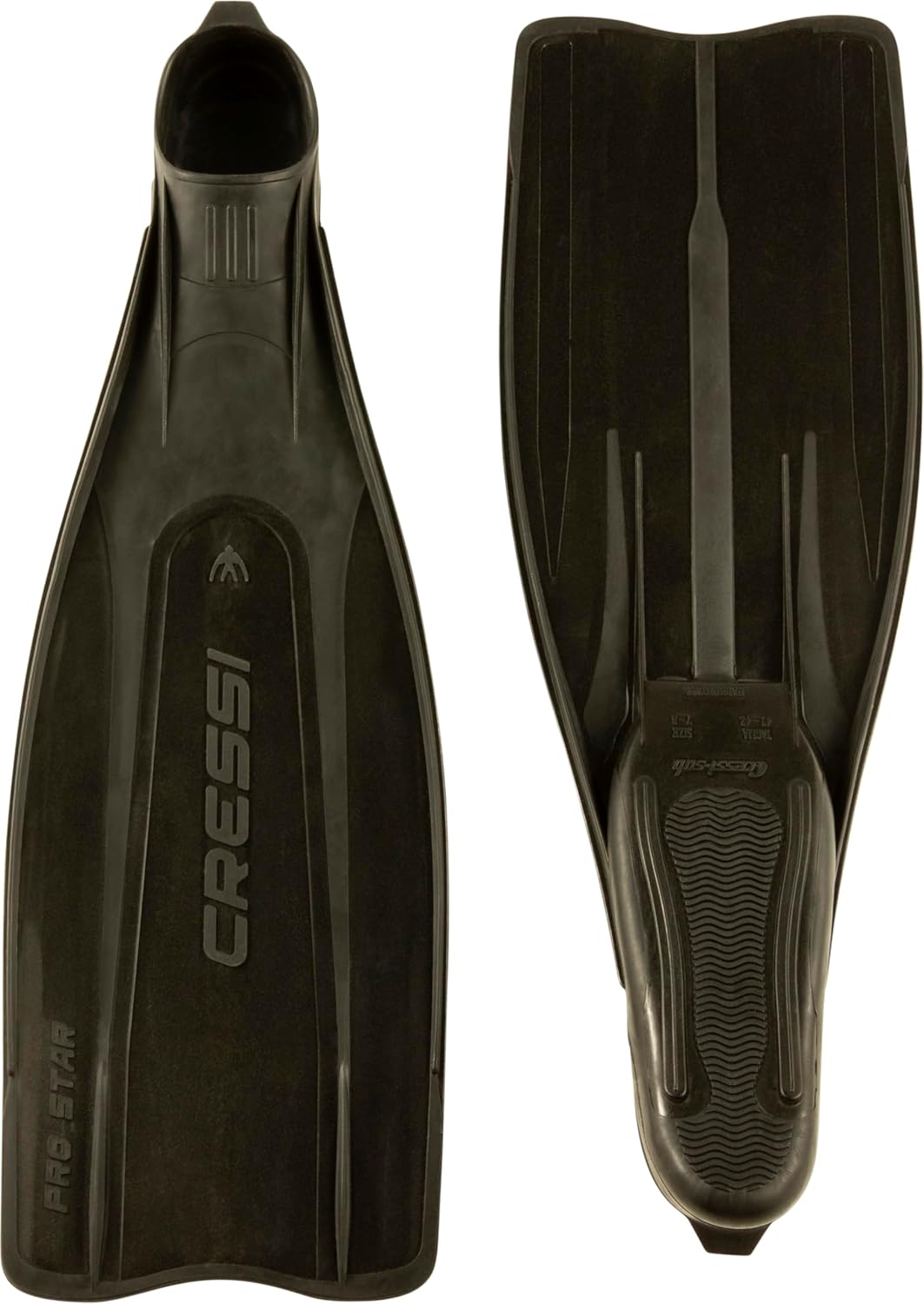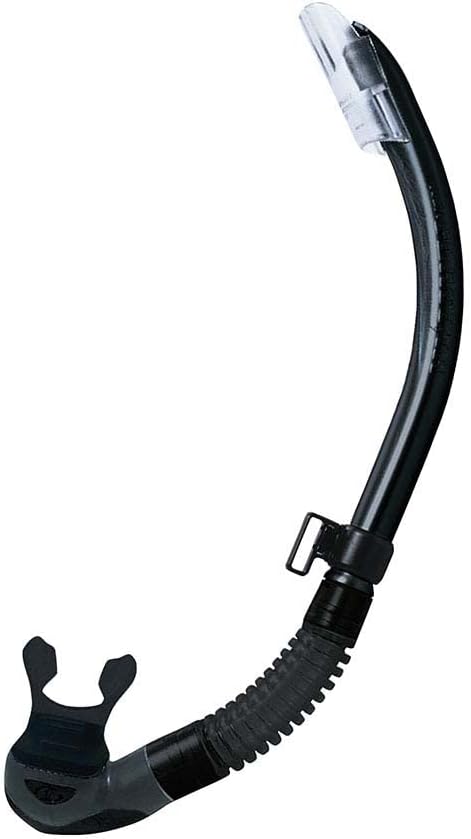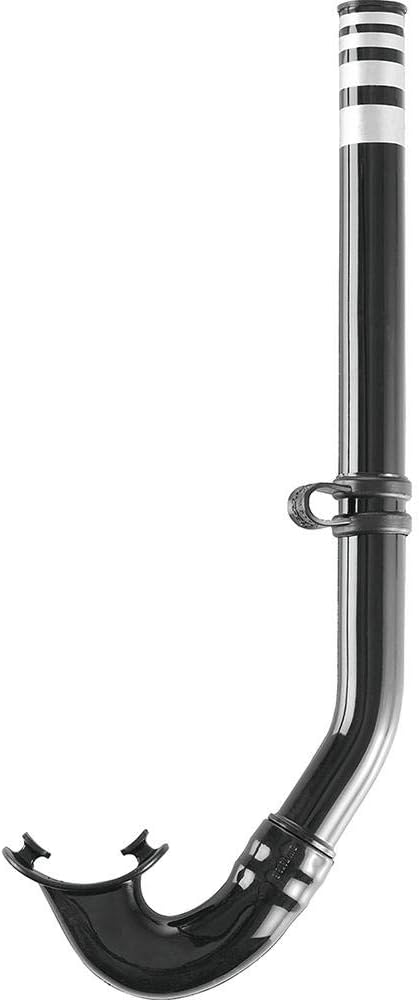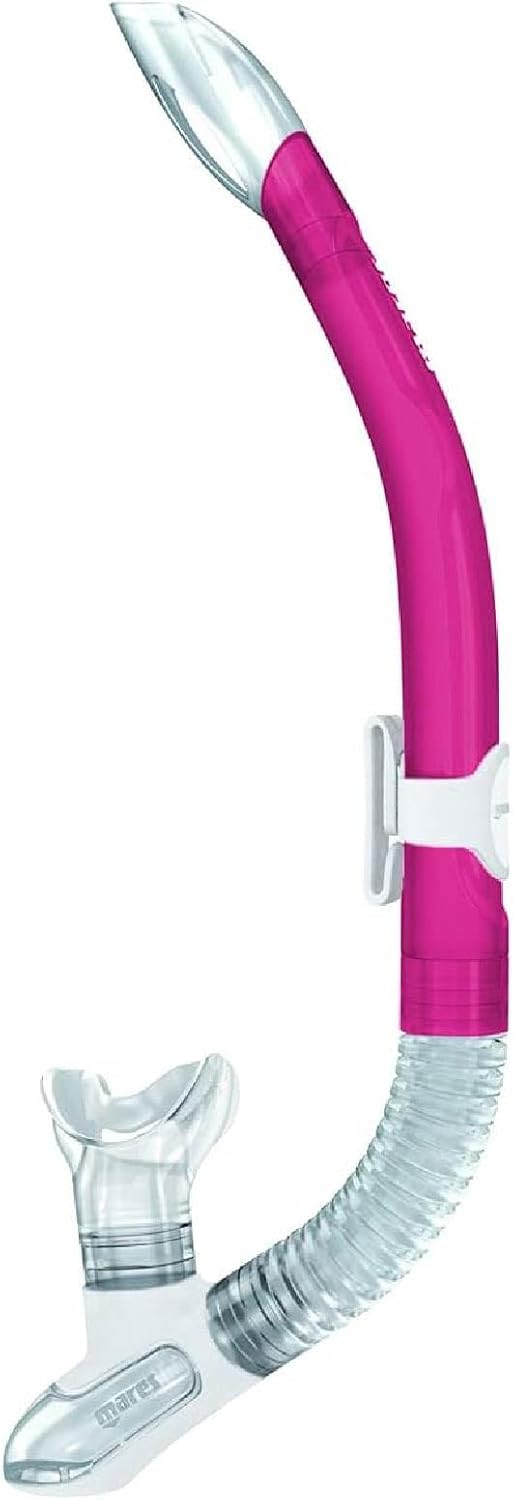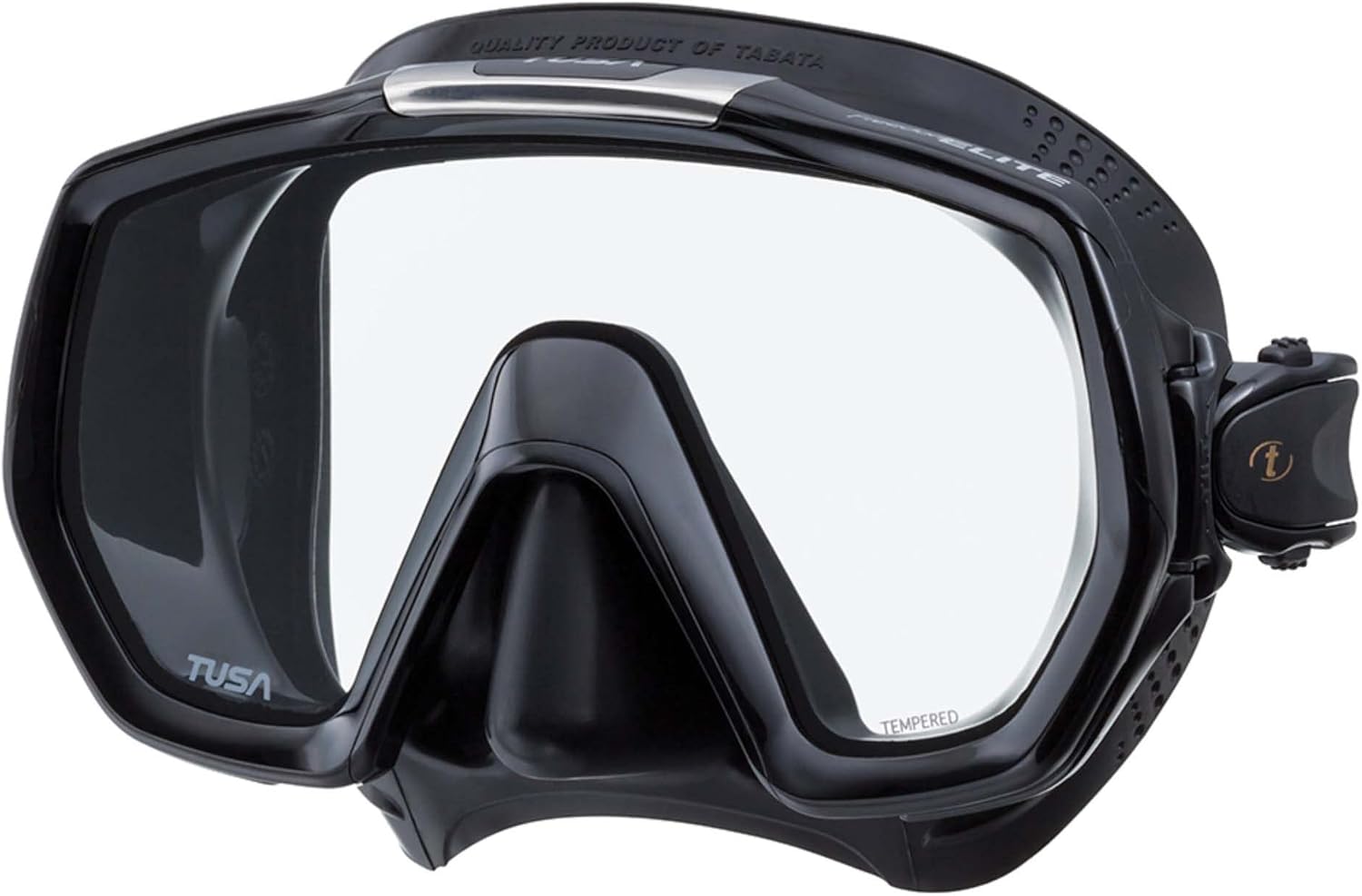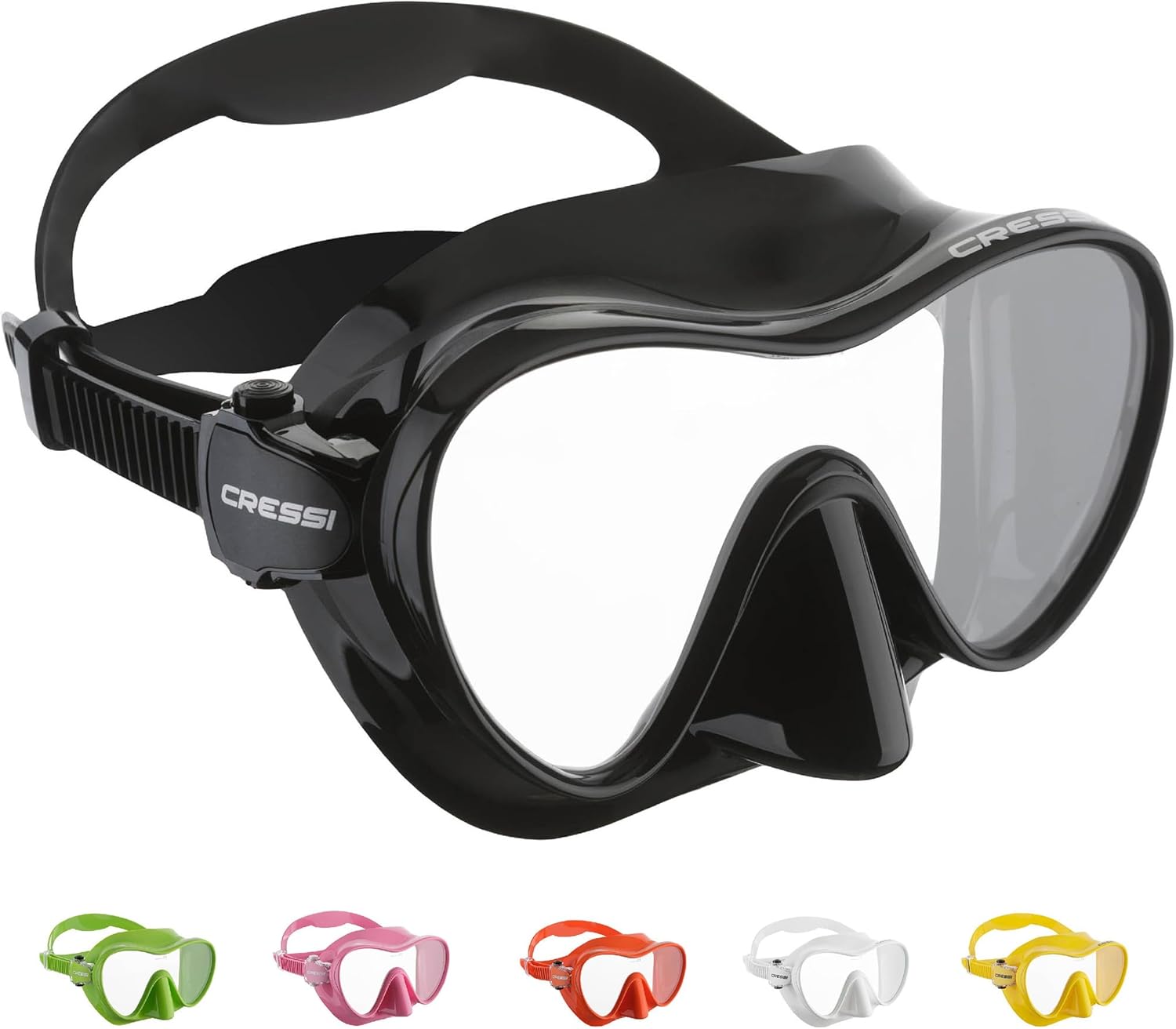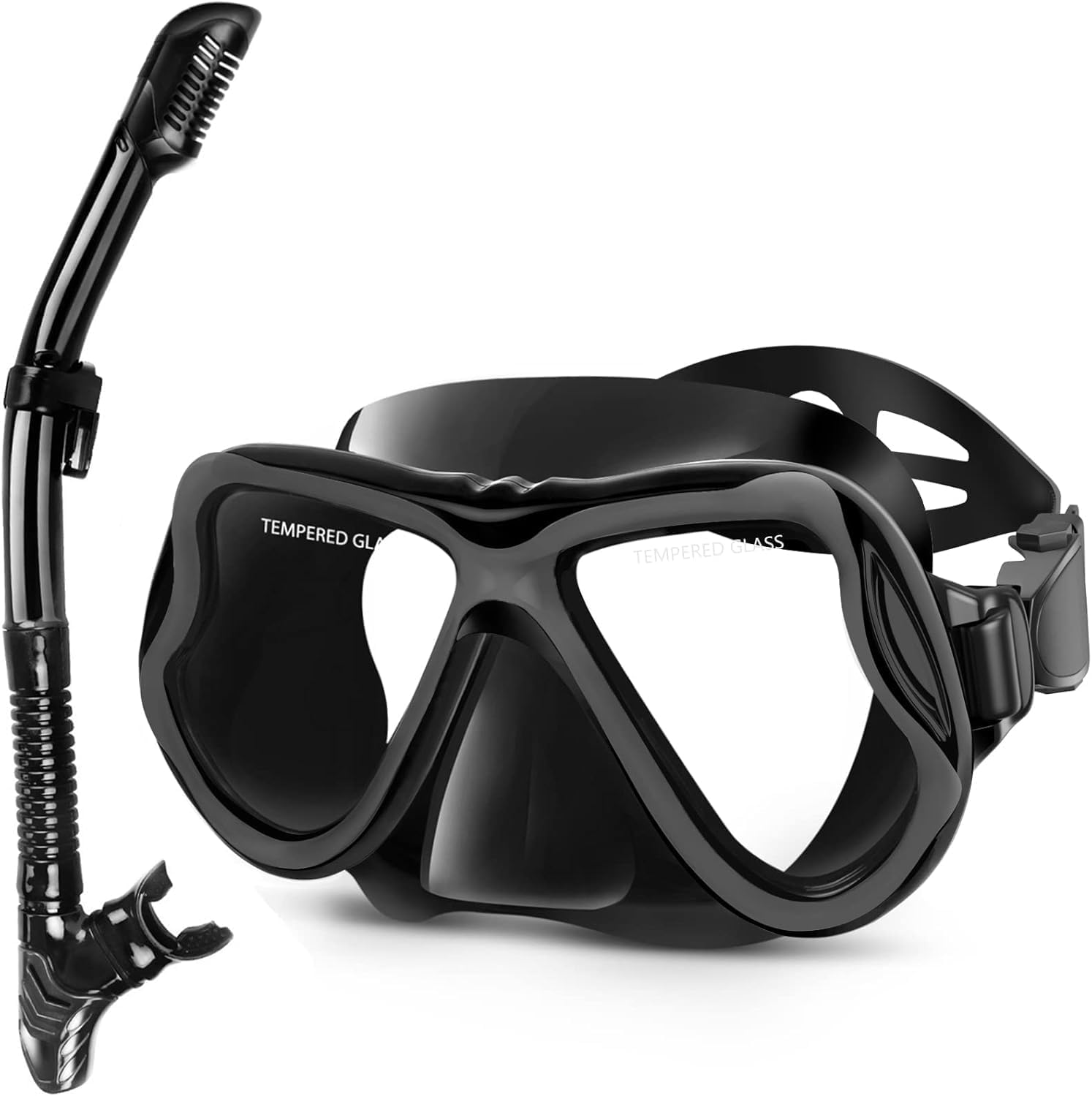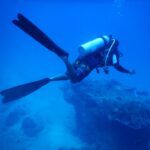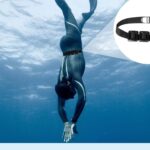Scuba Diving Vs Snorkeling – Which One is Perfect for You
Scuba diving vs snorkeling might sound like a peaceful comparison between two ocean-friendly hobbies, but let’s be honest, for many first-timers, it feels more like deciding between meeting Nemo… or accidentally ending up in a James Cameron sequel with a rogue jellyfish.
You might be picturing yourself gliding gracefully through crystal-clear waters, only to remember you can barely swim without fogging your goggles. Welcome to the deep (and shallow) end of ocean adventuring.
Scuba Diving vs Snorkeling
Let’s decide this: scuba diving vs snorkeling. If you’re short on time, money, or lung confidence, snorkeling wins. It’s perfect for the casual adventurer who wants to float, breathe, and snap fish selfies without extensive training or equipment.
Scuba diving, on the other hand, is for those craving depth. It unlocks an immersive marine world far beyond the reach of snorkels, but it comes with training, cost, and a side of nerves.
In short: snorkeling is the gateway drug while scuba diving is the full-blown addiction.
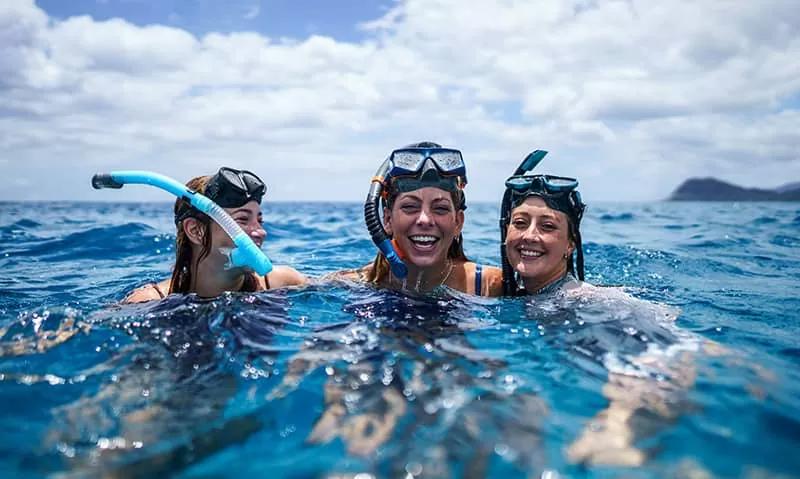
Scuba Diving vs Snorkeling: Quick Comparison Table
|
|
|
|
| Feature | Snorkeling | Scuba Diving |
| Depth | Surface to ~5 meters (15 feet) | Up to 40 meters (130 feet) recreationally |
| Training Required | None | Yes, certification needed (e.g., PADI, NAUI) |
| Cost | Low — basic gear rental $10–$30 | High — certification + gear rental or purchase; expect $300–$3,000+ |
| Gear Needed | Mask, snorkel, fins | Wetsuit, tank, BCD, regulator, fins, dive computer, weights |
| Time Commitment | Minimal; same-day activity | Several hours or multi-day commitment |
| Health Requirements | Minimal — basic swimming skill | Must be medically cleared for diving, good physical condition needed |
| Experience Level | Beginner-friendly | Requires training and practice |
| Marine Life Access | Surface-level species | Deep-sea life, wrecks, coral walls, caves |
| Safety Risk | Low | Medium — requires adherence to safety protocols |
| Photography Opportunity | Good at surface with limited depth | Excellent — stable environment for in-depth shots |
| Family Friendly | Very — kids and older adults can enjoy | Teens and adults with training only |
| Environmental Impact | Light if careful, but large groups can cause damage | Heavier gear impact, but divers are trained in reef etiquette |
| Accessibility | Quick and easy, available almost everywhere | Needs certified instructors, often in designated dive centers |
| Fear Factor | Low — surface level | Moderate — being underwater can cause anxiety for beginners |
| Learning Curve | Very easy | Moderate — takes training and comfort underwater |
Cost Breakdown: Is Scuba Diving Worth the Extra Money?
A big problem in the scuba diving vs snorkeling debate is cash. Snorkeling requires minimal gear – mask, fins, and a snorkel. You can buy or rent these cheaply almost anywhere coastal.
Scuba diving, though? it wants your wallet. A basic dive kit includes a wetsuit, regulator, BCD (buoyancy control device), tank, weights, and dive computer. If you’re wondering how much scuba diving gear cost, prepare for $300 to $1,500+ just for a starter set. Renting? Expect $40-$70 per dive.
Then there’s certification. How much scuba diving certification runs depends on your location, but the PADI Open Water course usually falls between $350 to $800.
Worth it? If you want a deeper, longer, and richer underwater experience, yes. If you’re just in it for vacation pics, maybe stick to snorkeling.
Is Scuba Diving Scarier Than Snorkeling?
Yes, but don’t panic.
Snorkeling keeps you near the surface, and you can breathe like a normal human through your mouth. It’s easy to bail out and return to shore. That’s comforting.
Scuba, though? It’s an exercise in trust. Trust in your gear, in your training, and in your ability to breathe calmly while thirty feet underwater. The first time can be unnerving, which is why many ask if scuba diving is dangerous.
Short answer: not if done right. With proper training and certified instructors, scuba is statistically very safe. The dangers arise when people skip procedures or dive recklessly.
Training & Certification: What You Need to Know
Snorkeling requires zero training. Pop on your gear and float.
Scuba diving, however, requires formal education. Here’s how to get scuba diving certification:
- Choose a recognized agency (like PADI or NAUI).
- Enroll in an Open Water course (online or classroom).
- Pass confined water sessions (pool training).
- Complete 4 open water dives.
- Boom. You’re certified for life.
Some travelers opt for an introductory dive instead of full certification, but it limits your depth and freedom. Still, it’s a good try-before-you-buy.
Scuba Diving vs Snorkeling: Which Is Better?
“Better” depends on what you’re looking for.
If you want a low-barrier, easy, and relaxing way to see marine life from the surface, snorkeling wins. It’s simple, cheaper, and less intimidating.
But if you’re after immersive, jaw-dropping encounters with coral walls, wrecks, and deep-sea creatures, scuba diving is better. It takes more effort and investment, but the reward is unforgettable. It’s like the difference between watching a concert on YouTube and standing front row.
- Snorkeling = Easy, affordable, surface-level beauty
- Scuba diving = Deeper, immersive, high-reward adventure
|
|
|
|
Scuba Diving vs Snorkeling for Non-Swimmers
This is a big concern, and rightly so. Here’s the truth:
- Snorkeling for non-swimmers is possible with a life vest, shallow calm waters, and close supervision. Many tour operators offer guided snorkel trips specifically for non-swimmers. You won’t swim far, but you can still float and enjoy surface-level beauty.
- Scuba diving for non-swimmers is trickier. Technically, you can do a Discover Scuba Dive (a beginner-friendly intro dive with instructors), but you must be comfortable in the water and able to follow safety instructions. You won’t need Olympic swimming skills but water confidence is a must.
Snorkeling is far more accessible for non-swimmers. Scuba is doable, but only with strict conditions and trained professionals.
Scuba Diving vs Snorkeling in Florida
Florida is one of the best places in the U.S. for both activities, offering a unique setting for this debate.
Snorkeling in Florida
- Great in the Florida Keys, especially John Pennekamp Coral Reef State Park
- You’ll see parrotfish, stingrays, sea turtles, and colorful coral; all in shallow, clear waters
- Accessible, family-friendly, and perfect for beginners
Scuba Diving in Florida
- Offers epic dives like the Spiegel Grove shipwreck and Devil’s Den spring
- Cave diving in North Florida for the advanced
- Crystal River lets you dive with manatees
- Best for certified divers or those looking to get certified
Florida caters to both. If you’re a beginner or on a quick trip, go snorkeling. If you’re certified or want epic underwater encounters, scuba is where Florida really shines.
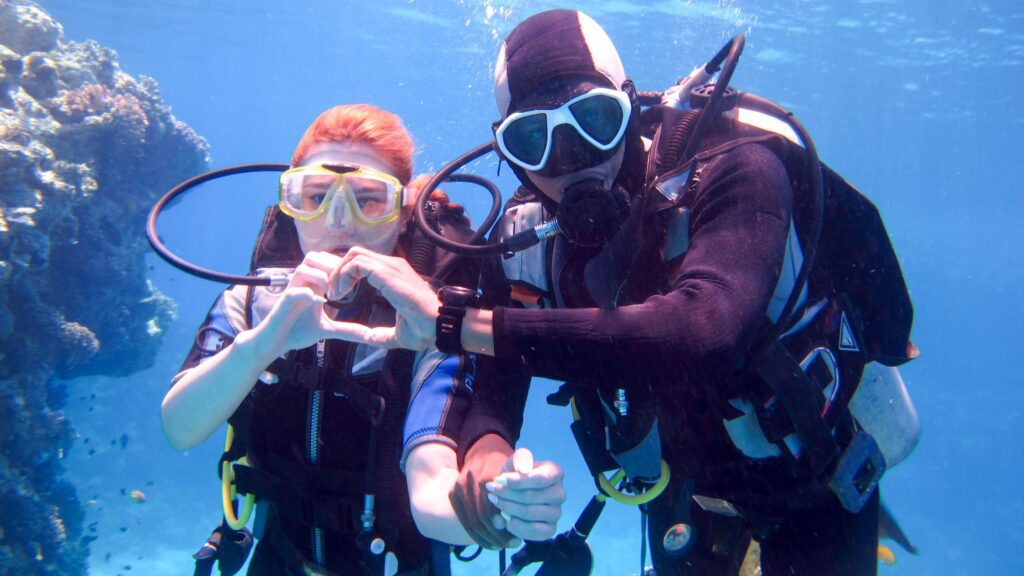
Scuba Diving vs Snorkeling for Beginners
Here’s how they stack up for first-timers:
- Snorkeling is practically plug-and-play. You can try it within minutes. All you need is a mask, fins, and a snorkel and maybe a float vest for safety. Great for people of all ages and fitness levels.
- Scuba diving requires training, but beginners can start with a Try Dive or Discover Scuba Diving program. You’ll have an instructor guiding you every step of the way. It feels strange at first, but many find it addictively thrilling.
Start with snorkeling if you’re totally new to the ocean. Then, if you’re hungry for more, go deeper with scuba.
Can Non-Swimmers Do Snorkeling?
Yes, with a few big ifs:
- IF you’re wearing a snorkeling vest or floatation device
- IF you stay in calm, shallow waters
- IF you’re with a guide or group
- IF you don’t panic in the water
Many resorts and tour operators specialize in non-swimmer-friendly snorkeling trips. You’ll still be able to see amazing marine life just below the surface.
⚠️ However: Being a non-swimmer still carries risks in the ocean. Always inform your guide, wear a vest, and stay close to safety zones.
|
|
|
|
Scuba Diving vs Freediving
Now this is a spicy one. Scuba diving vs freediving is like comparing marathon runners to sprinters.
- Scuba diving: You carry your air. You stay submerged for up to an hour. You move slowly and explore with precision. It’s calm, quiet, and meditative.
- Freediving: You hold your breath. You dive deep, fast, and then resurface. It’s about technique, control, and pushing your body’s limits. No bubbles, no tanks, just lungs and guts.
Key Differences:
| Factor | Scuba Diving | Freediving |
| Air Source | Tank (SCUBA) | Breath-hold |
| Depth & Duration | Longer and deeper (with training) | Shorter, very deep for short times |
| Training | Required for both; scuba more gear-focused | Focuses on breath control and mental discipline |
| Gear | Heavy and tech-based | Minimalist (mask, fins, weight belt) |
| Experience | Meditative exploration | Adrenaline and focus-based |
- Want to take your time and explore? Go scuba.
- Want a pure, intense challenge that pushes your lungs? Try freediving.
Physical Demands & Health: Which Is Safer and Easier?
Snorkeling wins again for simplicity. It’s light on the body, great for seniors and kids, and doesn’t require much strength. You should be able to swim a bit and feel comfortable in the ocean.
Scuba, however, requires lifting gear, managing buoyancy, and navigating underwater currents. If you have respiratory issues, heart conditions, or get seasick easily, you’ll need to consult a doctor first. This leads people to want to know if scuba diving is hard.
Scuba Diving Vs Snorkeling: Which is Best for Families & Kids?
If you have young children (under 10), snorkeling is the go-to. It’s fun, low-risk, and doesn’t require certifications.
Scuba can be amazing for teens or older kids ready for something adventurous. Most certification agencies start training at age 10. It can be an unforgettable family bonding experience, assuming everyone is comfortable.
Scuba Diving Vs Snorkeling: Photography Potential: Better Shots Underwater?
This one’s a tie.
Snorkelers can capture beautiful reef shots, especially in shallow water with natural light. But they’re limited to how long they can hold their breath diving down for angles.
Scuba divers, on the other hand, have time. You can explore coral walls, caves, and deeper species. If you’re serious about underwater photography, scuba offers way more room to work with.
Scuba Diving Vs Snorkeling: What You’ll See: Marine Life Showdown
Snorkeling showcases the reef’s greatest hits: clownfish, sea turtles, parrotfish, maybe a stingray.
Scuba diving lets you go where the big kids play. Think reef sharks, octopuses, lionfish, sunken wrecks, and massive coral walls.
How deep does scuba diving go? Recreational dives max out at 130 feet (40m), but most hover around 40-60 feet. That’s deep enough to meet marine life you’d never glimpse at the surface.
Top Destinations: Scuba Diving Vs Snorkeling
Some places are goldmines for both. Here are matched pairs:
- Maldives – Snorkel with rays in shallow lagoons, dive wrecks and reefs.
- Great Barrier Reef – Unmatched diving, but snorkeling off islands is magical.
- Hawaii – Perfect for first-time snorkelers; experienced divers love lava tubes.
- Oahu
- Philippines – Tubbataha for serious divers; Moalboal for sardine runs you can snorkel.
Some locations lean one way. If you only have time for one activity, research what your destination does best.
Environmental Impact: Which Is Greener?
Snorkelers often harm reefs by standing or touching corals. But large snorkeling groups can overwhelm marine areas too.
Scuba divers are taught reef etiquette as part of certification. That said, they can still damage delicate areas with careless finning or contact.
Eco-conscious? Choose operators certified by organizations like Green Fins or Project AWARE.
Gear Comparison: What You Need
Snorkel Gear: Mask, snorkel, fins. Optional rash guard or float vest.
Scuba Gear: Wetsuit, tank, BCD, regulator, weight belt, dive computer, fins, mask. Wondering about the best scuba gear set? Look for packages that include BCD + regulator from reputable brands like Mares, Aqua Lung, or Cressi.
Time Investment: Which One Fits Your Trip?
If you’re short on time, snorkeling is easy to squeeze in. Rent gear in 10 minutes, explore a reef for an hour, go back to sipping mojitos.
Scuba diving requires planning. Most dives take 3-5 hours roundtrip with prep, briefing, and recovery. Add time if you’re taking courses or diving at remote sites.
That said, a good dive can feel like hours of serenity packed into 30 minutes of underwater bliss.
Your First Experience: What to Expect
Snorkeling: Put on gear, enter water, float like a lazy sea cucumber. You’ll see fish immediately. Great for low-pressure fun.
Scuba: Expect a pre-dive briefing, gear setup, and descent with a guide. The first breath underwater feels weird, but magical. It can take a few minutes to relax into it, but once you do, it’s addictive.
Common Misconceptions
- “You need to be super fit to snorkel or dive” — Nope. You need to be comfortable and medically cleared.
- “Scuba diving is only for pros” — False. Many people start with no experience.
- “You can’t see cool stuff while snorkeling” — Also false. Some of the best marine action happens in 5 feet of water.
Safety Considerations
Snorkeling is safer due to its simplicity. Risks include sunburn, currents, and poor visibility. Always use a buddy system.
Scuba diving involves more risks (like decompression sickness or running out of air) but these are rare with trained, careful divers. Follow the rules, and you’re golden.
The Bottom Line on Scuba Diving Vs Snorkeling – Which One Should You Choose?
So, when it comes to scuba diving vs snorkeling, which one should you choose? If you’re testing the waters, start with snorkeling. It’s accessible, easy, and beautiful.
If you’re ready to go deeper, get certified. You’ll never forget the first time you hear nothing but bubbles and see a sea turtle cruise past you like Poseidon’s pet.
